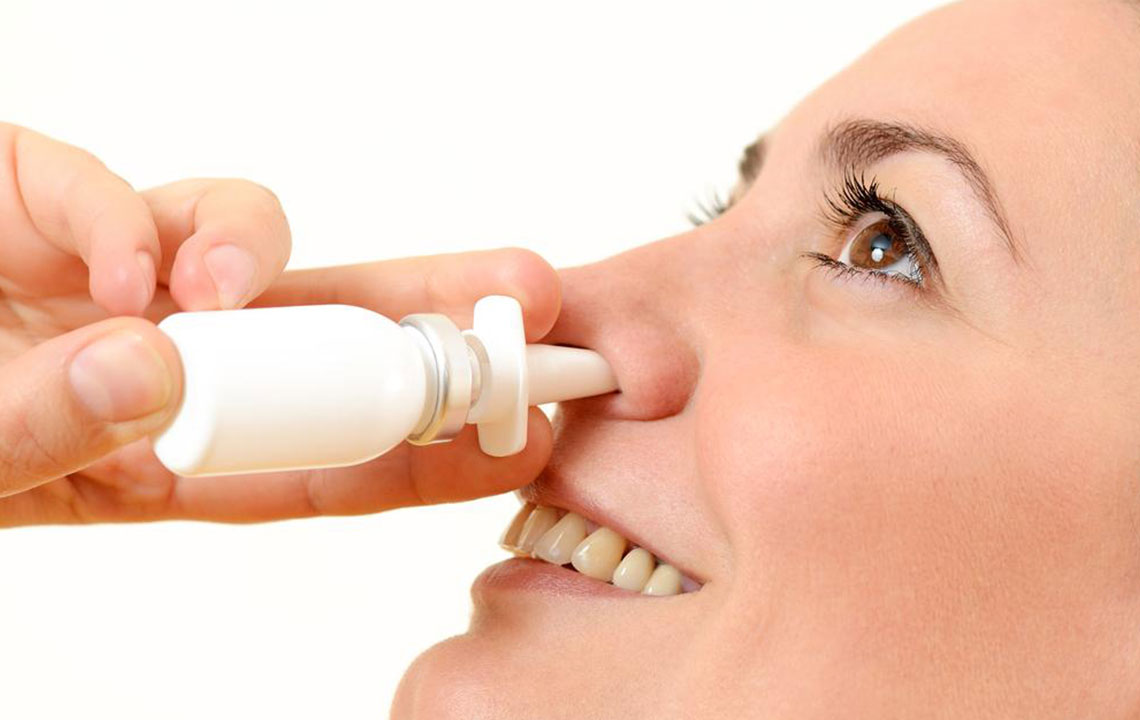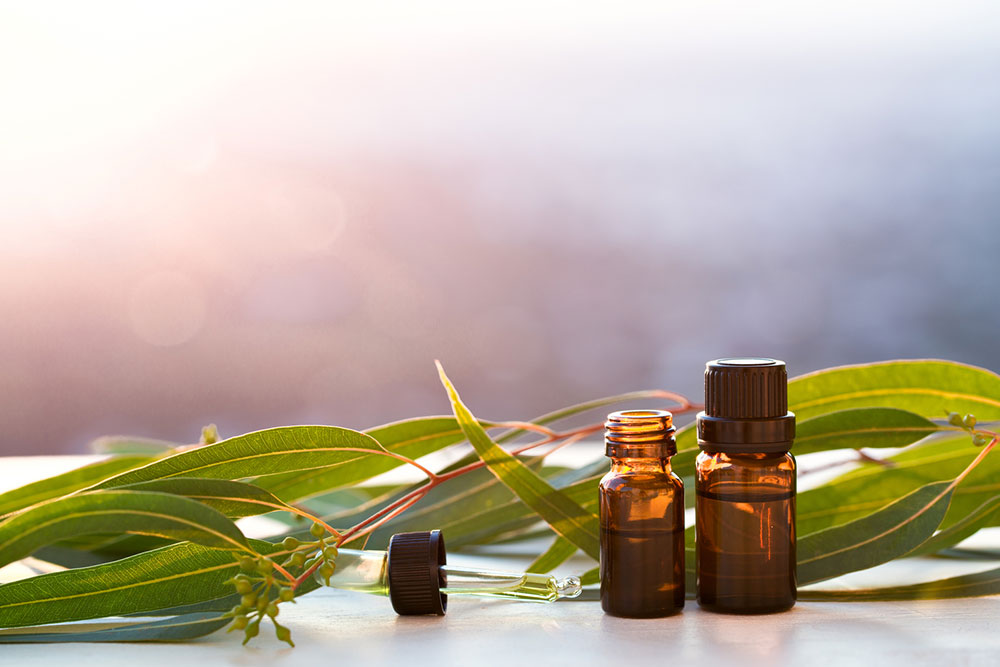Natural Remedies and Effective Treatments for Congested Noses: A Comprehensive Guide
This comprehensive guide explores natural remedies and treatments for nasal congestion, including steam therapy, warm compresses, saline rinses, herbal supplements, and acupressure. It emphasizes the importance of understanding causes, recognizing symptoms, and when to seek medical help, offering practical solutions to alleviate discomfort and promote sinus health naturally and effectively.

Exploring Natural Strategies to Relieve a Blocked Nose
Understanding and Managing Nasal Congestion Naturally
Nasal congestion, commonly known as a blocked nose, is a discomforting condition that affects millions of people worldwide. It impairs breathing, diminishes quality of life, and often complicates daily routines. This condition can be caused by a variety of factors, including infections, allergies, sinus issues, and flu. Although it is a common problem, understanding the underlying causes and exploring effective natural remedies can significantly ease symptoms and promote faster recovery.
In this comprehensive guide, we will delve into the key causes of nasal blockage, its symptoms, and the most effective natural treatments you can employ at home. We will also discuss medicinal options for severe cases and introduce traditional practices such as acupressure that may provide lasting relief without side effects.
Common Causes and Symptoms of Nasal Congestion
Nasal congestion manifests as a feeling of fullness or stuffiness in the nose, often accompanied by a runny nose, sneezing, and sometimes sore throat. The primary causes include:
Common Cold: A viral infection that leads to inflammation of nasal tissues, resulting in swelling and mucus build-up.
Influenza (Flu): A more severe viral infection affecting the respiratory system, causing intense nasal congestion along with fever, fatigue, and body aches.
Sinusitis: An inflammation of the sinus cavities caused by bacterial, viral, or fungal agents, often resulting in persistent nasal pressure, headaches, and facial pain.
Allergic Rhinitis (Hay Fever): An allergic reaction to pollen, dust, pet dander, or other allergens that triggers nasal swelling, sneezing, itchy eyes, and mucus production.
Recognizing these signs and symptoms helps in selecting the most appropriate treatment method. Some common symptoms include:
Stuffy and obstructed nasal passages
Runny nose with clear or colored mucus
Nasal tissue swelling
Difficulty breathing through the nose
Sneezing and itchy eyes
Facial pain, especially around the forehead, cheeks, and eyes
Natural and Home Remedies for Nasal Congestion Relief
Finding relief from nasal congestion often requires addressing the root causes and providing comfort through natural remedies. These methods can alleviate symptoms, improve nasal airflow, and support overall sinus health without the side effects associated with pharmaceuticals.
Steam Therapy: One of the most popular natural remedies, steam inhalation helps to moisturize nasal passages, loosen mucus, and reduce inflammation. To perform steam therapy, boil water, pour it into a bowl, and lean over it with a towel draped over your head. Inhale the steam for 10-15 minutes. Adding essential oils like eucalyptus or peppermint can enhance the effect and provide a soothing aroma.
Warm Liquids Consumption: Drinking warm beverages such as herbal teas, broths, or warm water with lemon can help thin mucus, soothe sore throats, and decrease sinus pressure. These fluids also keep nasal tissues moist, preventing further irritation.
Warm Compress Application: Applying a warm, damp towel over the face, particularly around the cheeks and forehead, can ease sinus congestion and relieve facial pain. The warmth promotes blood circulation and reduces swelling, leading to clearer nasal passages.
Nasal Saline Spray or Rinse: Using a saline spray or performing nasal irrigation with a neti pot helps cleanse nasal passages by flushing out mucus, allergens, and irritants. Ensure the saline solution is sterile to avoid infections.
Herbal and Natural Supplements: Herbs such as eucalyptus, peppermint, ginger, and turmeric possess anti-inflammatory and antimicrobial properties. Incorporating these into your diet or inhaling their vapors can support sinus health.
Decongestants and Medicinal Treatments: Over-the-counter nasal sprays or decongestant pills may provide rapid relief, especially during acute episodes. However, they should be used with caution and only as recommended by a healthcare professional to avoid rebound congestion.
Addressing Allergies: If allergies are a primary cause, identifying and eliminating allergens from your environment is crucial. Using air purifiers, allergen-proof bedding, and keeping windows closed can reduce exposure.
Traditional Practices: Acupressure for Lasting Sinus Relief
Acupressure, an ancient Chinese healing technique, involves applying gentle pressure to specific points on the body to alleviate symptoms and promote healing. This non-invasive method can be particularly effective for persistent nasal congestion and sinus issues.
Key acupressure points for nasal relief include areas near the forehead, cheeks, bridge of the nose, collarbone, and chest. Gently pressing and circularly massaging these points with your fingertips can help reduce inflammation, promote circulation, and facilitate mucus drainage. Combining acupressure with deep breathing exercises enhances overall effectiveness and provides a calming effect.
Daily practice of acupressure can lead to improved sinus health, decreased frequency of congestion episodes, and enhanced respiratory comfort. Since acupressure has no side effects, it is suitable for individuals of all ages.
When to Seek Medical Attention
While most cases of nasal congestion respond well to home remedies, some symptoms warrant medical evaluation:
Symptoms persist beyond 10 days or worsen over time
High fever or severe facial pain
Bloody or discolored mucus
Significant swelling around the eyes
Difficulty breathing or chest tightness
In such cases, consulting a healthcare professional is essential. They may prescribe antibiotics, nasal corticosteroids, or recommend further diagnostic tests to identify underlying conditions.
Conclusion: Embracing Natural Strategies for Sinus Health
Managing nasal congestion through natural remedies, home-based therapies, and traditional techniques can significantly improve quality of life. Practicing regular steam inhalation, staying hydrated, applying warm compresses, and using acupressure are effective measures that promote healthy nasal and sinus function. Understanding your triggers and taking preventive steps can minimize episodes and support overall respiratory wellness. For persistent or severe symptoms, seeking medical guidance is vital to rule out underlying infections or chronic sinus conditions. Incorporating these natural and holistic approaches into your daily routine empowers you to maintain clear, healthy sinuses and breathe freely every day.





